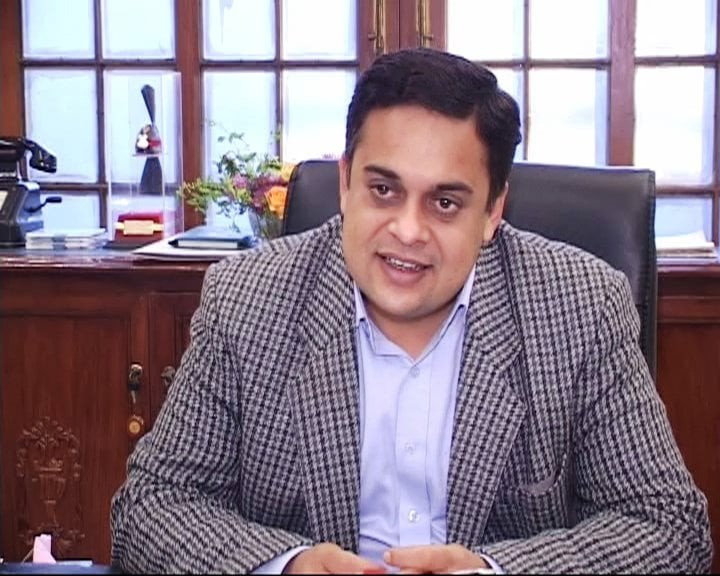
Pakistan has welcomed the unlocking of $100 billion additional financing for developing member countries (DMCs) of the Asian Development Bank (ABD) to combat emerging challenges including climate change, water and food insecurity and poverty over the next 10 years.
Addressing the 57th ADB Annual Meeting held in Tbilisi, Georgia, on Sunday, Pakistan's Governor at ADB Ahad Khan Cheema said Pakistan commends successful completion of the Capital Adequacy Framework review and unlocking $100 billion in additional financing over the next 10 years to support the DMCs.
"We expect that this additional lending headroom will be deployed fairly and effectively towards high impact interventions, particularly in low- and middle-income countries."
He said climate change is the defining challenge. Climate vulnerable developing member countries like Pakistan with negligible carbon footprint endure extreme buffetings of climate change.
"The cascading impacts of the climate crisis are compounding the economic challenges of Pakistan, exacerbating water and food insecurity, as well as increasing poverty."
He said Pakistan greatly values and appreciates longstanding and trusted partnership with the ADB, especially the strong and timely support provided during the pandemic and 2022 floods. Pakistan firmly takes on its development challenges.
"Pakistan expects the ADB to provide much stronger financial assistance and knowledge support in the areas of climate change, domestic resource mobilization, trade and investment, energy distribution infrastructure, human capital development and food security."
He said that no country can fight the intensifying menace of climate change alone, especially the fragile economies.
"We, therefore, need to collectively address the barriers faced by the DMCs in accessing international climate finance and carve out an enabling, fairer and easy to access climate finance system that does not aggravate the debt burden of the DMCs. The ADB in its new role as the climate bank has a critical role to play in this regard," Cheema said.
The meeting’s theme "Bridge to the Future" denotes a bold new collective vision and will for ushering in an era of cooperation and synergies to overcome today’s key challenges faced by the world, especially the developing countries.
They include lingering and ravaging impacts of the pandemic, climate change, geo-strategic tensions leading to commodity super cycle, soaring inflation, slow global growth and increasing poverty. Pakistan is no exception to these challenges, he said.
The newly elected government in Pakistan, among other numerable challenges, has also inherited the gigantic and resource-intensive reconstruction and rehabilitation work in the wake of the catastrophic floods of 2022.
However, owing to the innate resilience of the people of Pakistan and the unflinching resolve of the government, the nation is moving swiftly and decisively to implement a wide-ranging structural reforms programme to unlock Pakistan’s economic growth potential, he said.
The programme is well coordinated with the country's development partners, including the International Monetary Fund (IMF), the World Bank (WB) and the ADB.
He said the ongoing reforms mainly focus on taxation, energy, and privatization. Resultantly, the economy is now firmly on a consolidation path with moderating inflation and gradual economic growth.
Pakistan fully supports the ADB’s ongoing institutional and capital reforms. Successful implementation of the New Operating Model (NOM) will bring the bank closer to its clients to better understand our needs and deliver faster financial support and high-quality knowledge solutions.
Cheema said Pakistan also welcomes the introduction of the Sovereign Exposure Limits Framework to better manage concentration risk and ensure equitable access to ADB's resources by all members.
The nominal exposure limits have largely been drawn on the basis of sovereign risk ratings of the DMCs.
While Pakistan understands the need for managing concentration risk and equitable resource distribution, implementation of the limit’s framework should in no manner disrupt the flow of the ADB assistance to low-income and high-risk countries where these resources are most needed to fight poverty, fragility and climate change.
Governor Cheema said the mission of building a bridge to the future is fraught with multifaceted challenges that threaten the DMCs collective wellbeing and prosperity.
“However, these challenges are not greater than the collective will, capacity and resources. By coming together as a global community and with a shared sense of responsibility, the member countries can surmount them and secure a better and brighter future for generations,” he said.



















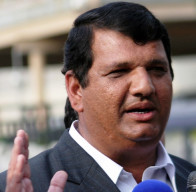

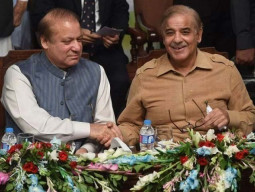


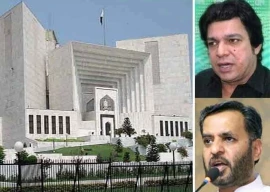
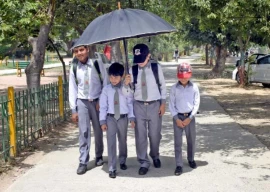

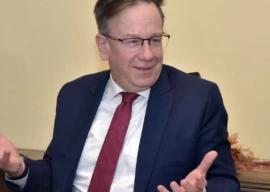
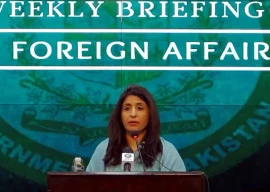

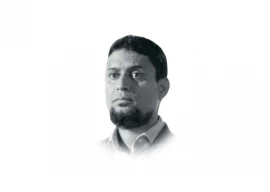



COMMENTS
Comments are moderated and generally will be posted if they are on-topic and not abusive.
For more information, please see our Comments FAQ